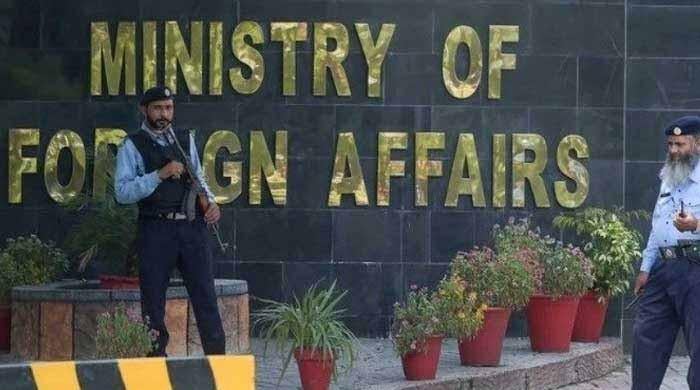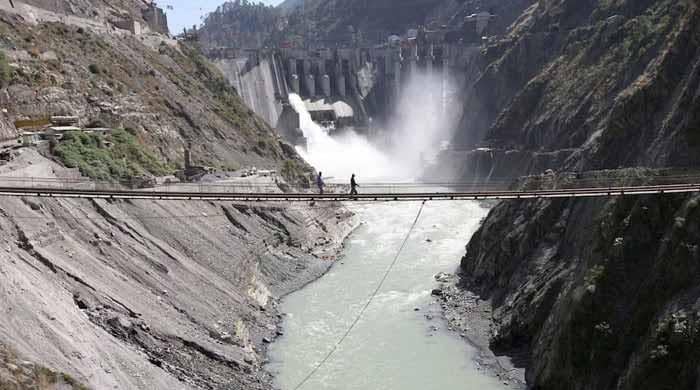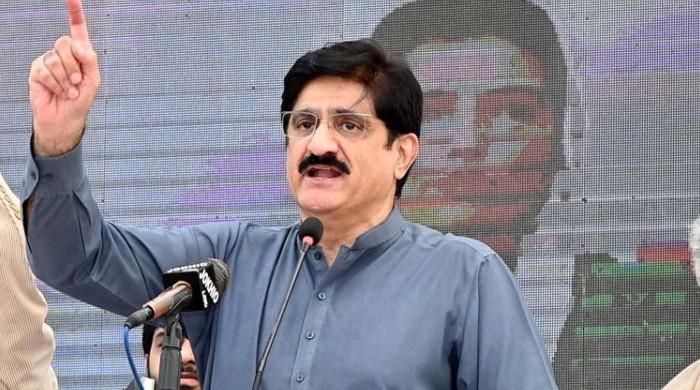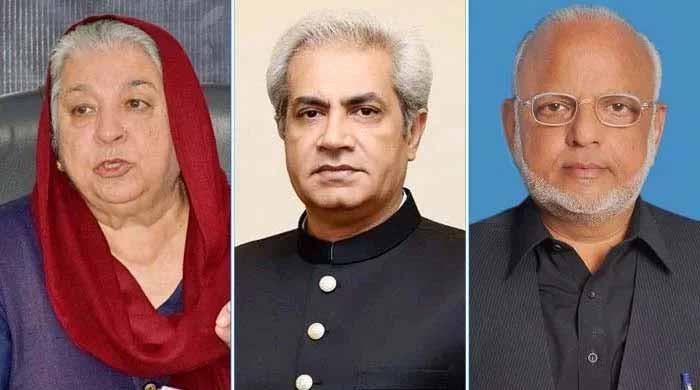Use of EVMs unlikely as election commission needs Rs90b funds
Almost all political parties, except Pakistan Tehreek-e-Insaf (PTI), have also backtracked from their demand of using the EVMs in the elections
April 19, 2017
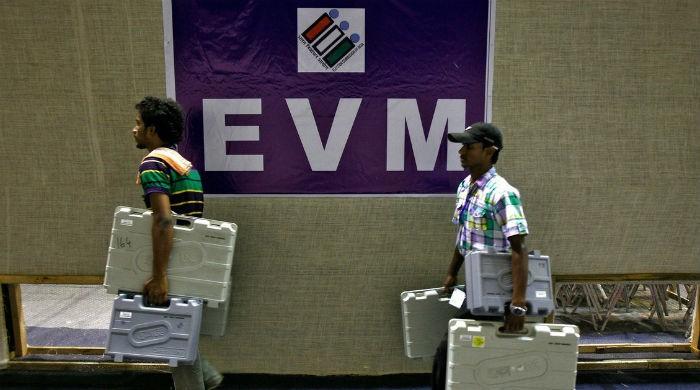
ISLAMABAD : The use of Electronic Voting Machines (EVMs) and Biometric Voting Machines (BVMs) in upcoming general elections seems to be a distant dream, unless the government releases around Rs90 billion to Election Commission of Pakistan (ECP) to purchase the machines.
Almost all political parties, except Pakistan Tehreek-e-Insaf (PTI), have also backtracked from their demand of using the EVMs in the elections.
For the 80,000 polling stations across the country, the ECP would require around Rs0.6 million machines to be installed for voting. The cost of one BVM is around Rs120,000 and one EVM is around Rs180,000.
The ECP, however, has purchased around 250 machines so far to be used as a pilot project during this year’s by-elections across the country. The commission has also started training of its limited staff regarding the usage and functions of these gadgets.
Some ECP officials told Geo News that the use of EVMs in next elections is just a proposal that is not going to materialise for two reasons; the government is unlikely to release the required funds to purchase the machines and the ECP is not in a position to train election staff in a short span of time.
The officials also pointed out that the use of EVMs has not been quiet successful in other countries as these devices can be hacked, especially in a country like Pakistan, to steal elections data and change the results.
India took more than 20 years to introduce electronic voting devices, yet numerous political parties have been campaigning for elections through the ballot papers, they said.
Pakistan Peoples Party’s legal mind and former chairperson Senate, Farooq H Naek said that the EVMs, aside from being expensive and unreliable, have almost failed in most countries across the globe, adding there are apprehensions about correct versions of these machines.
“The most important is a biometric system and a ballot paper having water link like a currency note so that no one can get it printed except the ECP,” he said. Since thumb impression cannot be matched with anyone else, hence it is the most reliable method, he said, adding that the ECP can do it easily with help of National Database and Registration Authority (Nadra).
PTI leader Arif Alvi, who is also heading a sub-committee that is evaluating use of the EVMs in next elections, said that all political parties were demanding the ECP to use the machines in the next elections, but now they have backtracked due to their own vested interests.
“I hold the election commission responsible for this failure,” he said, “the commission can take a decision independently in this regard by amending its rules, as there is no need to amend the constitution for use of the EVMs for elections.”
About apprehensions of Indian political parties, he said that it is just a matter of disinformation because there is no controversy in India regarding the EVMs, except a demand of paper trail ballot to ensure more transparency in the elections.
Alvi said the EVMs are the best available options to hold fair and transparent elections in a country where the election commission and bureaucracy are incapable and corrupt.





